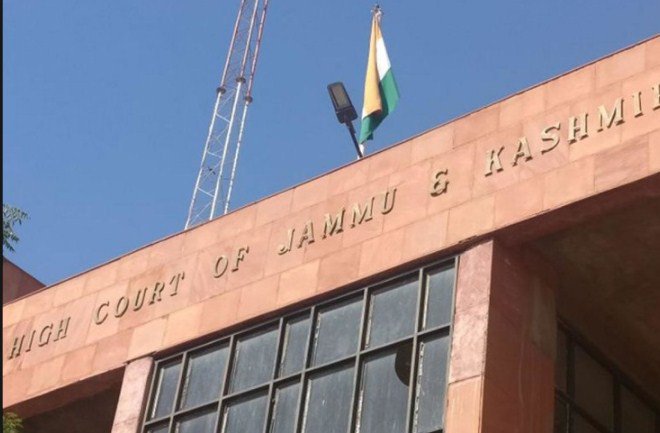Shivani Pandey–
Liberating a detainee from preventive custody the Jammu and Kashmir High Court held that the procedural requirement is the only defence available to the detainee and must be strictly obeyed.
The petitioner in the present case had questioned the order of Preventive Detention which was passed against him while he was in custody in relation to the alleged commission of offences under the Narcotic Drugs and Psychotropic Substances (NDPS) Act.
Advocate M. Ashraf Wani on behalf of the detainee challenged the detention order on 3 grounds: (i) ambiguous allegations (ii) delay in execution of detention order, and (iii) petitioner could not have been granted bail on account of the nature of allegations under the NDPS Act, as such, the order of detention is bad in law.
The respondents, through Additional Advocate General Mir Suhai, stated that all procedural and statutory safeguards mentioned under Article 22(5) of the Constitution of India and Section 13 of the Act had been followed while passing the detention order.
The Jammu and Kashmir High Court noted that the order of detention has been passed on the ground of the involvement of the petitioner for the commission of offences under various provisions of the erstwhile Jammu and Kashmir Ranbir Penal Code Sections along with Sections 8, 21 and 29 of the NDPS Act.
It further noted that the detaining authority, while passing the detention order, had relied upon several First Information Reports registered against the petitioner. However, none of the FIRs had been issued to the Petitioner.
The Court stated, “It is only after the petitioner is supplied all the material that he can make an effective representation to the Detaining Authority and also to the Government, and if the same is not done, he is deprived of his valuable constitutional right. Failure on the part of Respondent to supply the material relied upon by him, while passing the detention order renders it illegal.”
The Court depended on the Supreme Court’s decision in Thahira Haris v. Government of Karnataka in the present case. Subsequently setting aside the detention order, observing that the satisfaction recorded by the detaining authority is baseless.
Also Read: J&K HC: Omission to record statement of accused not fatal U/S 242 CrPc[J&K]

